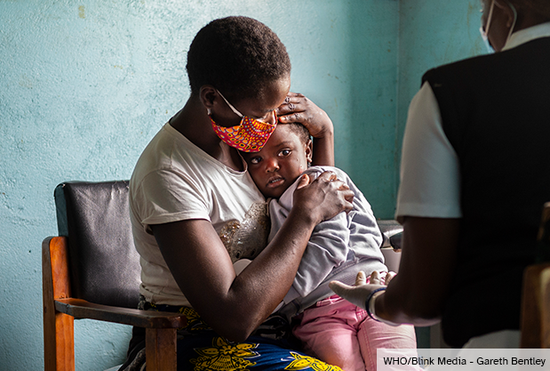
This course is the first of five courses. It introduces gender-based violence (GBV), intimate partner violence (IPV), and rape. The course describes the clinical care of people who have been raped or have experienced IPV in emergencies. It also includes general information which may need to be adapted to suit national policies and practices and the availability of materials, equipment, and drugs.
Language: English
Course information
Sexual violence and intimate partner violence (IPV) can be especially problematic in complex emergencies and natural disasters. In these situations, civilian women and children are often targets of abuse, exploitation and violence because of their sex, age, and status in society. This course is the first in a series of courses that provide detailed guidance on the clinical management of survivors of rape and intimate partner violence. This series is intended for qualified healthcare workers providing services to survivors of rape and intimate partner violence in humanitarian emergencies. It considers available resources, materials, drugs, and national policies and procedures.
The course is comprised of videos, presentations, case studies and quizzes. It focuses on knowledge and skill-building.
Course duration: Approximately one hour.
This course is part of a series of five courses. For a better learning experience, we recommend accessing the courses in the order listed below:

What you'll learn
- Define the concept of gender-based violence, intimate partner violence, and the term “rape” used in this course.
- Discuss the complexity of prevention and response to rape and intimate partner violence in humanitarian settings.
- Debunk myths about rape and intimate partner violence.
- Explain the responsibilities of healthcare providers in responding to survivors of rape and intimate partner violence.
- Explain the relationship between human rights and medical care for survivors of rape and intimate partner violence.
- List the guiding principles for providing survivor-centred care.
- List the actions required to adapt or develop a protocol for clinical management of rape and intimate partner violence.
- Describe the information needed to provide care for survivors of rape and intimate partner violence.
Who this course is for
- The primary audience for this program is qualified health care providers (e.g. health coordinators, medical doctors, clinical officers, midwives, and nurses) working in emergency situations. The program can also be used in planning care services and training health care providers.
Enroll me for this course
Certificate Requirements
- Gain a Record of Achievement by earning at least 80% of the maximum number of points from all graded assignments.
- Gain a Confirmation of Participation by completing at least 80% of the course material.
- Gain an Open Badge by completing the course.